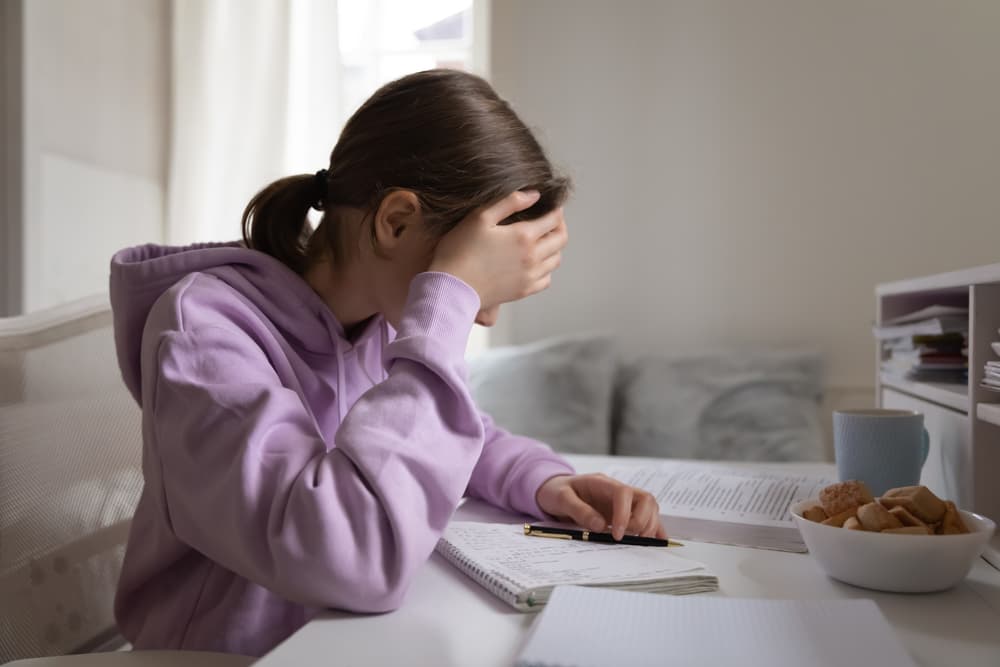The holiday season is often seen as a time of joy, but for many, it can also bring feelings of sadness, anxiety, and overwhelm. According to the National Institute of Mental Health, seasonal affective disorder (SAD) affects millions of people worldwide.
Whether due to social pressures, personal struggles, or seasonal changes, managing mental health during this time requires awareness, understanding, and effective coping strategies.
In this blog, we will focus on understanding these seasonal affections and general recommendations to overcome
Common Symptoms of Depression and Anxiety During the Holidays

Holiday depression and holiday anxiety can manifest in various ways, and it’s essential to recognize these symptoms early on.
Common signs of depression during the holidays include:
- Feelings of sadness
- Hopelessness or apathy
- Fatigue
- Difficulty sleeping or oversleeping
- Changes in appetite
- Lack of interest in activities
These symptoms can be exacerbated by seasonal changes, such as less sunlight and colder weather, which affect both mood and energy levels.
On the other hand, holiday anxiety often presents as:
- A constant state of worry
- Restlessness
- Irritability.
- Headaches
- Stomach problems
- Increased heart rate
- The thought of attending social gatherings, dealing with financial stress, or managing family expectations can create a sense of overwhelm.
Both depression and anxiety can have a significant impact on a person’s ability to enjoy the holiday season, and understanding these symptoms is the first step toward managing them effectively.
Factors Contributing to Holiday-Related Stress and Distress
1. Social Pressure
Several factors contribute to the heightened stress and emotional distress many people face during the holiday season. One significant factor is social pressure. The expectation to engage in social events, attend family gatherings, and appear cheerful can be overwhelming, especially for those dealing with personal loss, grief, or family tension.
2. Financial Pressure
Additionally, financial or work-related stress can weigh heavily on individuals and families during the holidays, with pressures to buy gifts, travel, or entertain. These financial concerns can quickly spiral into anxiety and feelings of inadequacy, especially when resources are limited.
3. Weather Influence
Another major contributing factor is seasonal changes. The reduced daylight and colder weather can exacerbate feelings of depression, often referred to as Seasonal Affective Disorder (SAD). The lack of sunlight can affect the body’s production of serotonin and melatonin, leading to feelings of sadness, fatigue, and irritability.
Coping Strategies for Depression
If you’re struggling with holiday depression, several strategies can help ease the emotional burden. These are the ones we recommend:
- Establish Realistic Expectations: The pressure to create a perfect holiday season can be overwhelming. Let go of unattainable ideals and focus on what feels right for you and your loved ones.
- Create a Routine: The holidays can disrupt everyday routines, which can contribute to feelings of chaos and anxiety. Maintain a regular sleep schedule, eat balanced meals, and make time for activities that bring you joy.
- Limit Alcohol Consumption: While alcohol is often associated with socializing, it can exacerbate feelings of depression. Limiting or avoiding alcohol can help you maintain emotional stability.
- Practice Mindfulness: Techniques such as deep breathing, meditation, or journaling can help ground you in the present moment and reduce overwhelming thoughts and feelings.
- Seek Support from Loved Ones: While the holidays may feel isolating, connecting with supportive friends and family can provide comfort and understanding. Share your feelings and ask for help when you need it.
Coping Strategies for Anxiety

Managing holiday anxiety involves a combination of stress-reducing activities and changing the way we approach holiday-related triggers.
- Break Tasks into Smaller Steps: Large, overwhelming tasks (like holiday shopping or meal planning) can create stress. Break them into smaller, manageable steps and tackle them one at a time.
- Practice Relaxation Techniques: Anxiety often manifests physically. Progressive muscle relaxation, deep breathing exercises, yoga, or mindfulness can help calm the body and reduce anxiety symptoms.
- Set Boundaries: It’s okay to say no. Setting clear boundaries with family and friends about what you can realistically handle during the holidays can reduce stress and prevent feelings of resentment.
- Limit Social Media Exposure: Social media can create unrealistic expectations and heighten anxiety during the holidays. Limiting your exposure to holiday-related posts can help you stay grounded in reality.
- Stay Active: Regular physical activity is a proven way to combat anxiety. Whether it’s a brisk walk, dancing, or an exercise routine, movement helps to release built-up tension and boosts endorphins.
Seeking Professional Help
If you’re feeling overwhelmed by the stress, anxiety, or depression that often accompanies the holiday season, seeking professional help can make a big difference. At Mind and Body Counseling Associates, we offer a wide range of counseling services to help you cope with the challenges of the holidays and beyond. Whether you’re dealing with individual struggles like anxiety, depression, or burnout, or you’re facing family issues such as addiction or coping with divorce, our licensed therapists are here to provide support.
Our goal is to match you with the right therapist who can meet you where you are and help guide you toward a more peaceful and fulfilling life. We understand that each person’s circumstances are unique, and we’re committed to offering compassionate care that addresses your specific needs. If you’re ready to take the next step toward healing, we’re here to support you on your journey.


